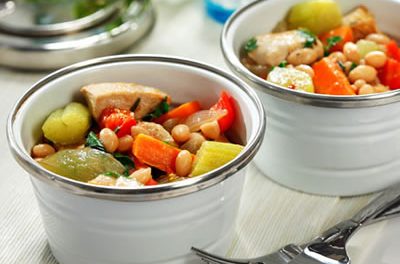Here are 11 drinks that people with diabetes may want to avoid at a Halloween party or event.
Being mindful of drink choices can help manage blood sugar levels while still enjoying the festivities of Halloween.
Sugary Sodas: Regular soft drinks are high in sugar and can cause rapid blood sugar spikes.
Fruit Punch: Often loaded with sugar and little nutritional value, fruit punch can quickly raise blood sugar levels.
Sweetened Iced Teas: Many pre-packaged iced teas contain added sugars that can increase carb counts.
Energy Drinks: These often contain high levels of sugar and caffeine, which can disrupt blood sugar control.
Sweet Cocktails: Mixed drinks like piña coladas, margaritas, and other sugary cocktails can be very high in carbs. See this extensive guide: Diabetic Drinking Guide: Holiday Edition. Cocktails, Wine, Mixers and More.
Hot Chocolate with Marshmallows: Traditional hot chocolate can be very sweet, especially with added toppings.
Flavored Coffee Drinks: Specialty coffees with syrups and whipped cream can contain excessive sugar and calories.
Sweetened Lemonades: Store-bought or restaurant lemonades are typically loaded with sugar.
Milkshakes: Rich and creamy milkshakes can have a high carbohydrate content due to added sugars and ice cream.
Smoothies with Added Sugar: While smoothies can be healthy, many recipes include high-sugar ingredients or sweeteners.
Natural Fruit Juices and Apple Cider: Juice and apple cider contain natural sugars, which can affect blood sugar levels. It’s essential to monitor portion sizes and wise to test your blood sugar after consuming to see how your body responds.
Better Drink Options for Diabetics on Halloween:
Opt for water, sparkling water, or unsweetened herbal teas.
Try diet sodas or zero-calorie flavored waters for a festive touch without the sugar.
If you are thinking about drinking alcohol at a Halloween party or event, then check out this article: Halloween and Diabetes – Can You Drink Alcohol
And, as always, please discuss dietary choices with your healthcare provider to ensure they fit within your overall diabetes management plan.








